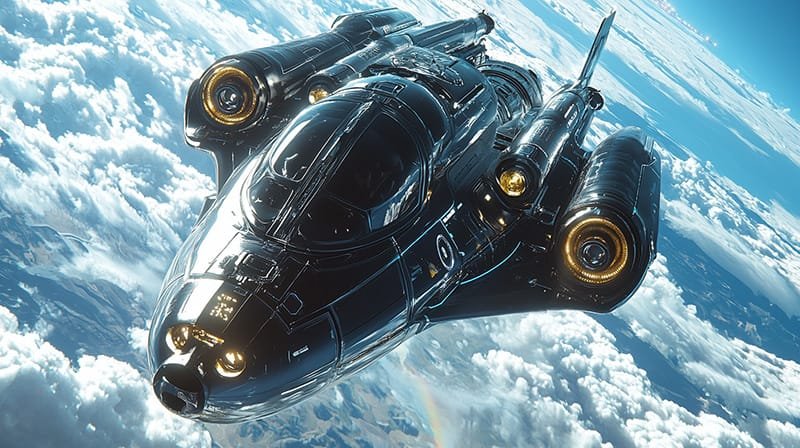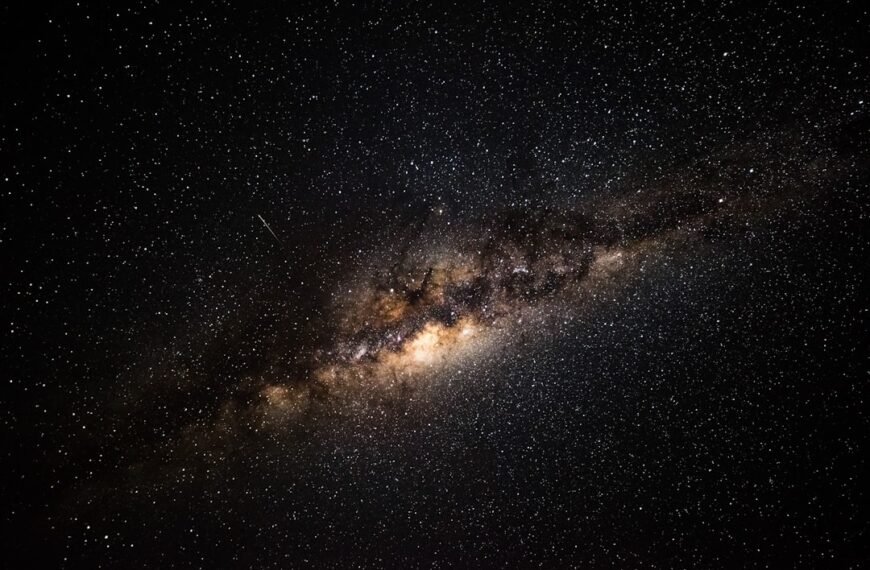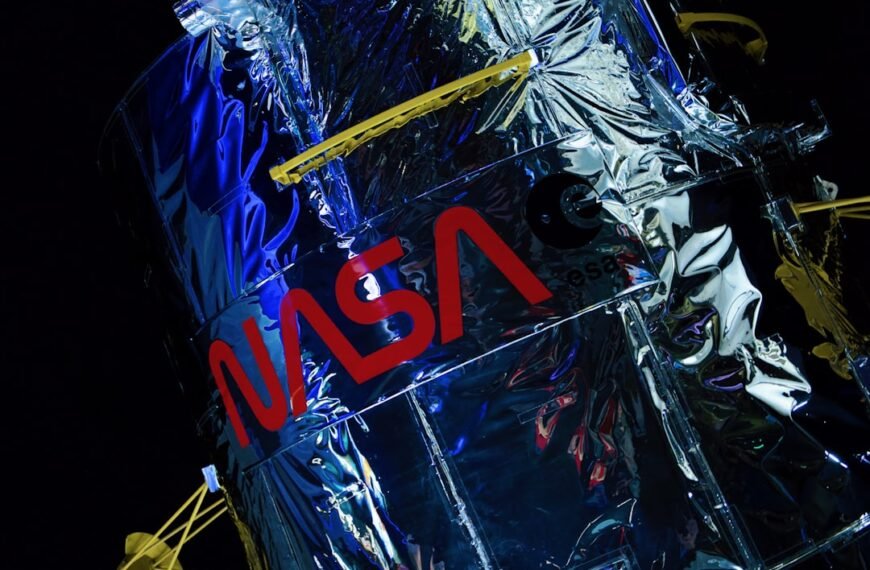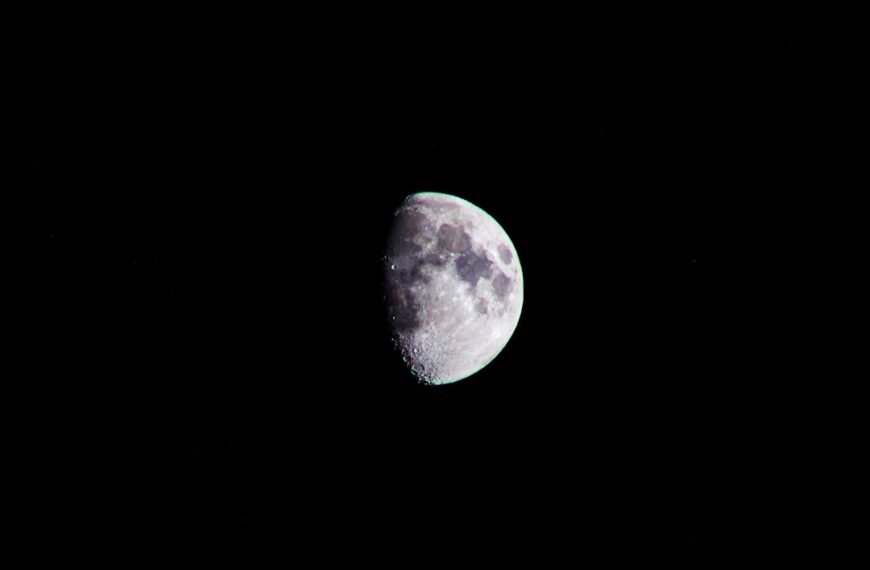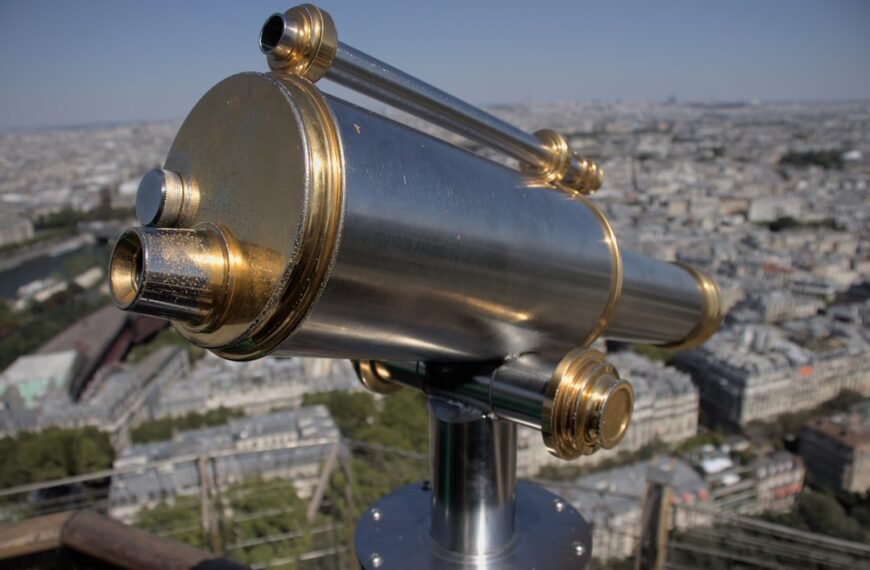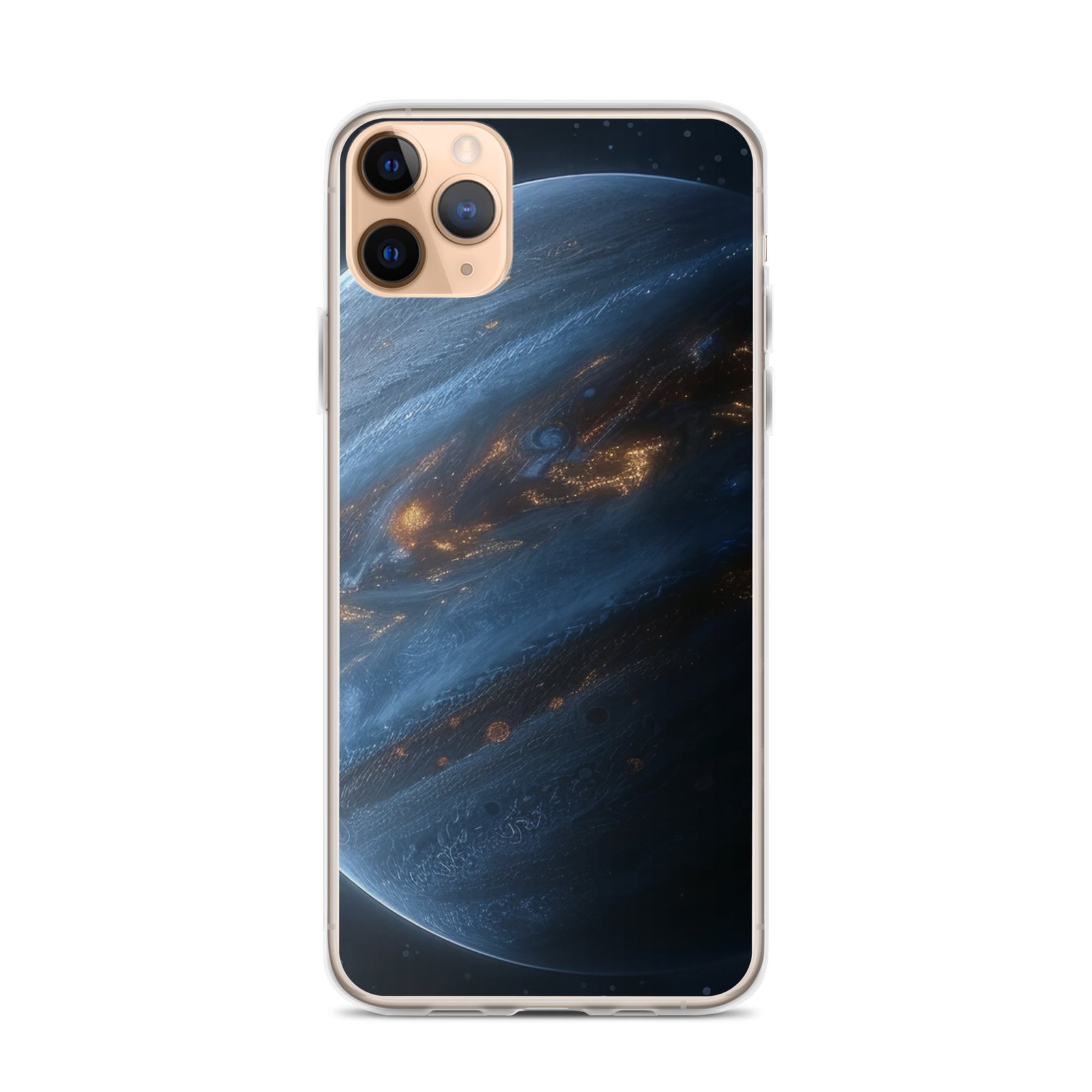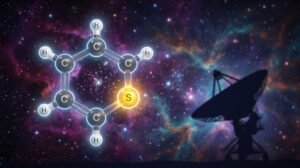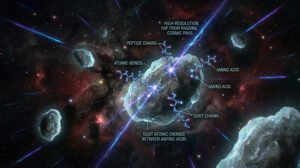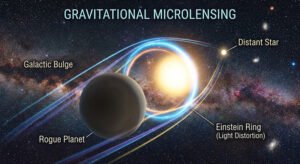Explore the cosmological argument’s rich history and significance. Discover its variations and engage in the philosophical debate today!
Takeaways for Your Article on the Cosmological Argument 📝
- Key Insight: The cosmological argument has evolved through centuries, merging philosophical and theological perspectives to address fundamental questions about existence and causation.
- Surprising Statistic: Despite historical criticisms, contemporary philosophers like William Lane Craig are revitalizing the cosmological argument, demonstrating its ongoing relevance in modern debates.
- Provocative Perspective: The argument challenges the notion of an infinite regress in causation, compelling readers to reconsider the nature of existence itself.
- Real-World Application: Understanding the cosmological argument can enhance discussions around science and religion, offering a framework for exploring the universe’s origins.
- Core Message: Engaging with the cosmological argument fosters deeper philosophical inquiry and enriches our understanding of the relationship between the universe and the divine.
The cosmological argument is a fascinating topic in the realms of philosophy and theology. It’s a classical argument that aims to prove the existence of God based on observed facts about the universe. This argument has been a cornerstone of philosophical and theological discussions for centuries, evolving through various formulations and facing numerous criticisms. This comprehensive guide will delve into the argument’s history, variations, proponents, criticisms, and current significance in philosophical and theological debates.
Tracing the Roots: Historical Origins and Development

The cosmological argument has deep roots that can be traced back to ancient Greek philosophy. Early formulations of this argument appeared in the works of Plato (c. 427–347 BC) and Aristotle (c. 384–322 BC). Plato, in his work “The Laws,” suggested that all movement in the cosmos required a “self-originated motion” to initiate and sustain it. He associated this with a demiurge or creator of supreme wisdom and intelligence. Aristotle, on the other hand, introduced the concept of the “unmoved mover,” an eternal and unchangeable being responsible for the motion of the universe.The argument continued to evolve through Neoplatonism and early Christian thought. Plotinus, a third-century Platonist, proposed that the One, a transcendent absolute, caused the universe to exist as a consequence of its existence. This idea influenced early Christian theologians and set the stage for further developments in medieval philosophy.
Contributions from Medieval Islamic and Christian Philosophy
The medieval period saw significant contributions to the cosmological argument from both Islamic and Christian philosophers. Islamic thinkers like Ibn Sina (Avicenna) (c. 980–1037) developed the argument from contingency, which was later adopted by Thomas Aquinas. The kalām cosmological argument, articulated by Islamic theologians such as al-Ghāzāli, argued against the possibility of an infinite regress of temporal phenomena, asserting that the universe must have had a beginning and a cause, identified as God.Thomas Aquinas (1225–1274) is one of the most influential figures in the history of the cosmological argument. In his “Summa Theologica,” Aquinas presented the first-cause argument and the argument from contingency
1, both seeking to demonstrate the necessity of a first cause or necessary being, which he identified as God.
Enlightenment and Modern Developments
During the Enlightenment, philosophers like Gottfried Wilhelm Leibniz (1646–1716) reaffirmed the cosmological argument. Leibniz introduced the principle of sufficient reason, positing that everything must have a reason or cause. He argued that the sufficient reason for the existence of the universe must lie outside of it, in a necessary being, which he identified as God.In contemporary times, the cosmological argument remains a topic of philosophical debate. While some philosophers have critiqued the argument as ineffective, others, such as William Lane Craig, have defended it, particularly the kalām cosmological argument, using multidisciplinary evidence.
Understanding the Logic: Structure and Main Premises
The cosmological argument is an a posteriori argument, meaning it is based on empirical evidence and observation of the world. Its fundamental premise is that the universe, or the cosmos, requires an explanation for its existence. This explanation is typically posited as a first cause or necessary being, which is identified as God.The general logical structure of the cosmological argument involves several key premises:
- Contingency and Causation: The argument begins with the observation that certain beings or events in the universe are contingent, meaning they depend on something else for their existence. This leads to the conclusion that the universe itself is contingent and requires a cause or explanation.
- Impossibility of Infinite Regress: A central tenet of the cosmological argument is the rejection of an infinite regress of causes. The argument posits that there must be a first cause that is not contingent upon anything else, as an infinite regress would not provide a satisfactory explanation for the existence of the universe.
- Existence of a Necessary Being: The argument concludes that there must be a necessary being, which is not contingent and does not require a cause. This necessary being is posited as the ultimate cause or explanation for the existence of the universe.
Exploring the Variations of the Cosmological Argument
There are several prominent variations of the cosmological argument, each with its own logical structure and emphasis:
1. Kalam Cosmological Argument
The Kalam cosmological argument is a modern formulation that originates from medieval Islamic scholasticism and was revitalized in contemporary discourse by philosopher William Lane Craig. It is structured as follows:
- Premise 1: Whatever begins to exist has a cause.
- Premise 2: The universe began to exist.
- Conclusion: Therefore, the universe has a cause.
This argument emphasizes the metaphysical impossibility of an infinite temporal regress of events, asserting that the universe must have a beginning and, consequently, a cause.
2. Leibnizian Cosmological Argument
Named after Gottfried Wilhelm Leibniz, this argument is based on the principle of sufficient reason and seeks to explain why there is something rather than nothing:
- Premise 1: Everything that exists has an explanation of its existence, either in the necessity of its own nature or in an external cause.
- Premise 2: If the universe has an explanation of its existence, that explanation is God.
- Premise 3: The universe exists.
- Conclusion: Therefore, the explanation of the universe’s existence is God.
Leibniz’s argument does not rely on the universe having a beginning but rather on the contingency of the universe, which requires an explanation outside itself.
3. Thomistic Cosmological Argument
Developed by Thomas Aquinas, this argument is rooted in Aristotelian metaphysics and is often referred to as the “First Cause” argument:
- Premise 1: There are contingent beings in the universe.
- Premise 2: Contingent beings require a cause for their existence.
- Conclusion: Therefore, there must be a necessary being that causes and sustains the existence of contingent beings.
Aquinas’s argument focuses on the necessity of a sustaining cause that exists concurrently with its effects, rather than positing a temporal beginning to the universe.
Key Proponents of the Cosmological Argument

Throughout history, numerous philosophers and theologians have proposed or defended versions of the cosmological argument. Some key figures include:
- Aristotle: Often credited with the early development of the cosmological argument, Aristotle’s work laid the groundwork for later philosophical discussions on the existence of a first cause or unmoved mover.
- Thomas Aquinas: A medieval philosopher and theologian, Aquinas is one of the most prominent figures associated with the cosmological argument. He proposed several versions of the argument in his “Five Ways”.
- René Descartes: Descartes advanced his version of the cosmological argument as part of his natural theology, aiming to prove God’s existence through reason and logic.
- Gottfried Wilhelm Leibniz: Leibniz is known for his formulation of the cosmological argument based on the principle of sufficient reason (PSR).
- Al-Ghazali: An Islamic theologian, Al-Ghazali is associated with the Kalam cosmological argument.
- William Lane Craig: A contemporary philosopher, Craig is a prominent defender of the Kalam cosmological argument, which he has popularized in modern philosophical debates.
Criticisms and Counterarguments
Despite its historical significance and influence, the cosmological argument has faced numerous criticisms and counterarguments:
- Infinite Regress and Causality: Critics argue that if everything must have a cause, then the first cause itself must also have a cause, leading to an infinite regress. This challenges the argument’s assertion that there must be a first uncaused cause.
- Invalid or Unvalidated Premises: Some philosophers contend that the premises of the cosmological argument are either invalid or unvalidated, meaning that the foundational assumptions of the argument are not sufficiently justified.
- Dependence on Antiquated Science: Critics have pointed out that the cosmological argument often relies on outdated scientific concepts, such as medieval understandings of motion and causality that have been superseded by modern physics.
- Kant’s Critique: Immanuel Kant argued that the cosmological argument relies on the ontological argument, which he found to be flawed. According to Kant, the cosmological argument’s identification of a necessary being is suspect because it presupposes the validity of the ontological argument.
- Hume’s Criticisms: David Hume criticized the cosmological argument by questioning the assumption that every effect must have a cause. He argued that it is not necessarily true that the universe requires an explanation beyond itself.
- Assumptions about Cause and Effect: The argument assumes a specific relationship between cause and effect that may not hold universally. Critics argue that the leap from the existence of the universe to the necessity of a divine cause involves significant assumptions that are not empirically supported.
- Alternative Explanations: Some counterarguments suggest that the universe could be a “brute fact” that does not require an external cause. This challenges the necessity of positing God as the ultimate explanation for the universe’s existence.
Current Relevance and Impact
The cosmological argument remains a significant topic in contemporary philosophical and theological discussions. It continues to be a subject of both support and criticism, with ongoing debates about its validity and implications.In modern philosophy, the argument has been revitalized by philosophers like William Lane Craig, who has been a prominent defender of the kalām cosmological argument. Craig’s work has been influential in bringing the kalām argument into contemporary discussions, often engaging with both philosophical and scientific evidence to support its premises.The relationship between scientific cosmology and the cosmological argument is complex. While some theists see the big bang theory as supporting the idea of a universe with a finite beginning, and thus a creator, others caution against drawing direct theological conclusions from scientific models. The discovery of the universe’s expansion and the cosmic microwave background has provided new contexts for discussing the cosmological argument, but it has also raised questions about the nature of causality and the universe’s origins.In theological debates, particularly within the context of natural theology, the cosmological argument is used to argue for the existence of God based on the existence and nature of the universe. It is part of a broader attempt to reconcile scientific cosmology with theological doctrines.
Wrapping Up: The Cosmological Argument Today
The cosmological argument remains a vibrant area of debate in both philosophy and theology. Its relevance today is underscored by ongoing discussions about the nature of the universe, the possibility of a first cause, and the implications of scientific discoveries for theological claims. While it continues to be a point of contention, the cosmological argument also serves as a bridge between philosophical inquiry and theological reflection, inviting further exploration and dialogue.As our understanding of the universe continues to evolve, so too does the discourse surrounding the cosmological argument. It remains a central topic in the philosophy of religion, challenging thinkers to grapple with fundamental questions about existence, causality, and the nature of reality itself.In conclusion, the cosmological argument is a fascinating and complex topic that continues to captivate philosophers, theologians, and curious minds alike. Whether you’re a seasoned scholar or a curious novice, understanding this argument can provide valuable insights into the ongoing dialogue between science and religion, and the quest to understand our universe and our place within it.

